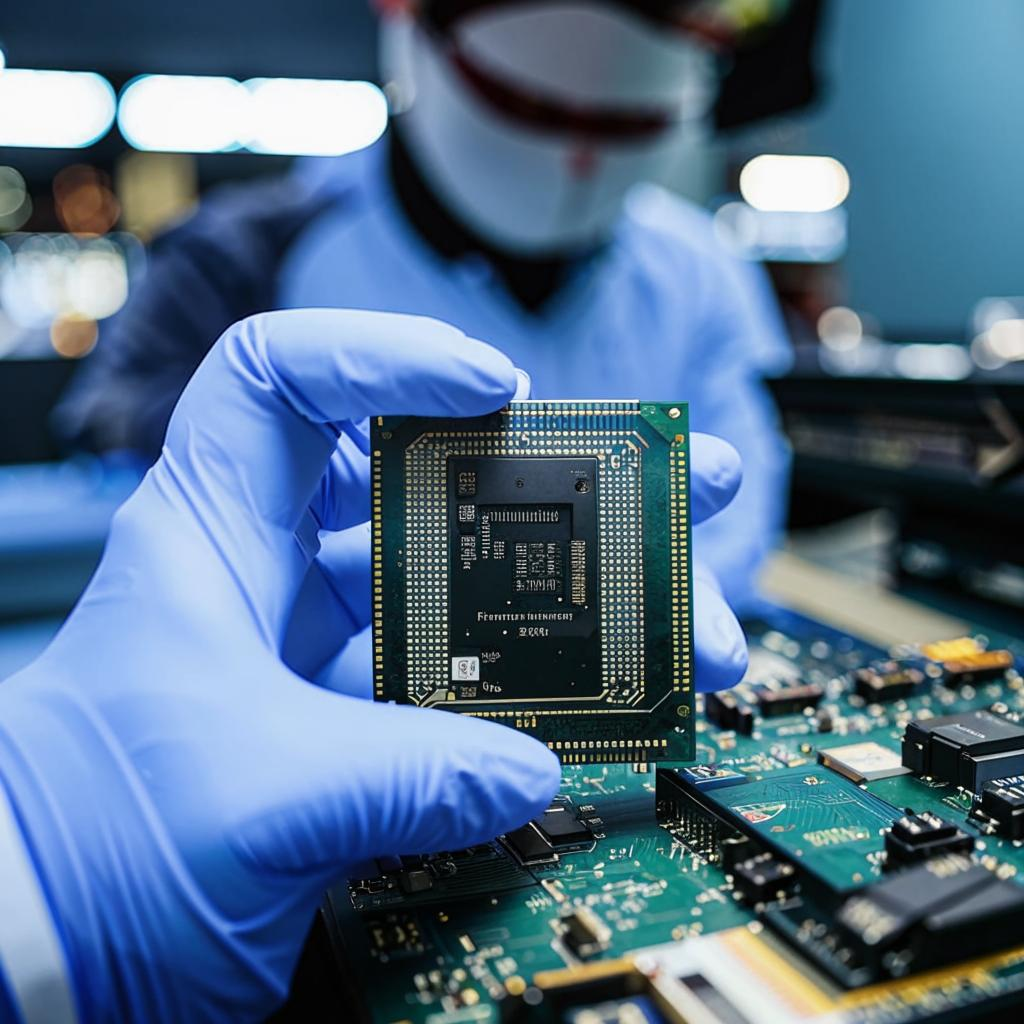Huawei is reportedly making significant strides in artificial intelligence hardware, developing a new AI chip intended to compete directly with those produced by Nvidia. This development, highlighted by sources like the Wall Street Journal, marks a pivotal moment in the ongoing tech rivalry between the U.S. and China.
The chip, allegedly named Ascend 910C, seeks to address the growing demand for AI processing power within China. Huawei aims to lessen its reliance on foreign suppliers amidst trade restrictions and the global chip shortage. The strategic move underscores China’s ambition to achieve self-sufficiency in critical technologies.
The Ascend 910C is being positioned as a potential alternative to Nvidia’s high-end AI chips, which are widely used in data centers for machine learning, natural language processing, and other computationally intensive AI tasks. However, concrete details about the chip’s performance and capabilities remain limited to speculation and insider reports.
Huawei’s efforts to develop this chip reflect a broader trend in China. Chinese tech firms are investing heavily in domestic chip production to overcome supply chain vulnerabilities and gain a competitive advantage. The success of Huawei’s chip development could have far-reaching implications for the global AI landscape, potentially reshaping the balance of power between established players and emerging competitors.
The situation is also fueled by geopolitical tensions. U.S. sanctions have made it more difficult for Chinese companies to access advanced chip technology from American firms. Huawei’s push for domestic AI chip production can be seen as a direct response to these restrictions, as the company seeks to innovate and compete despite external pressures. This push could accelerate innovation and lead to a more diverse AI chip market overall.















